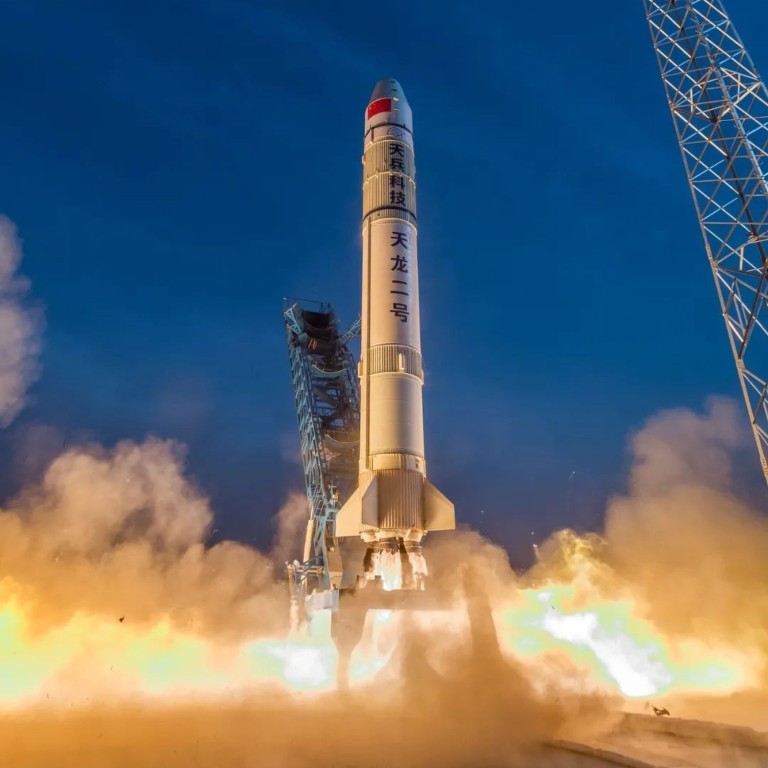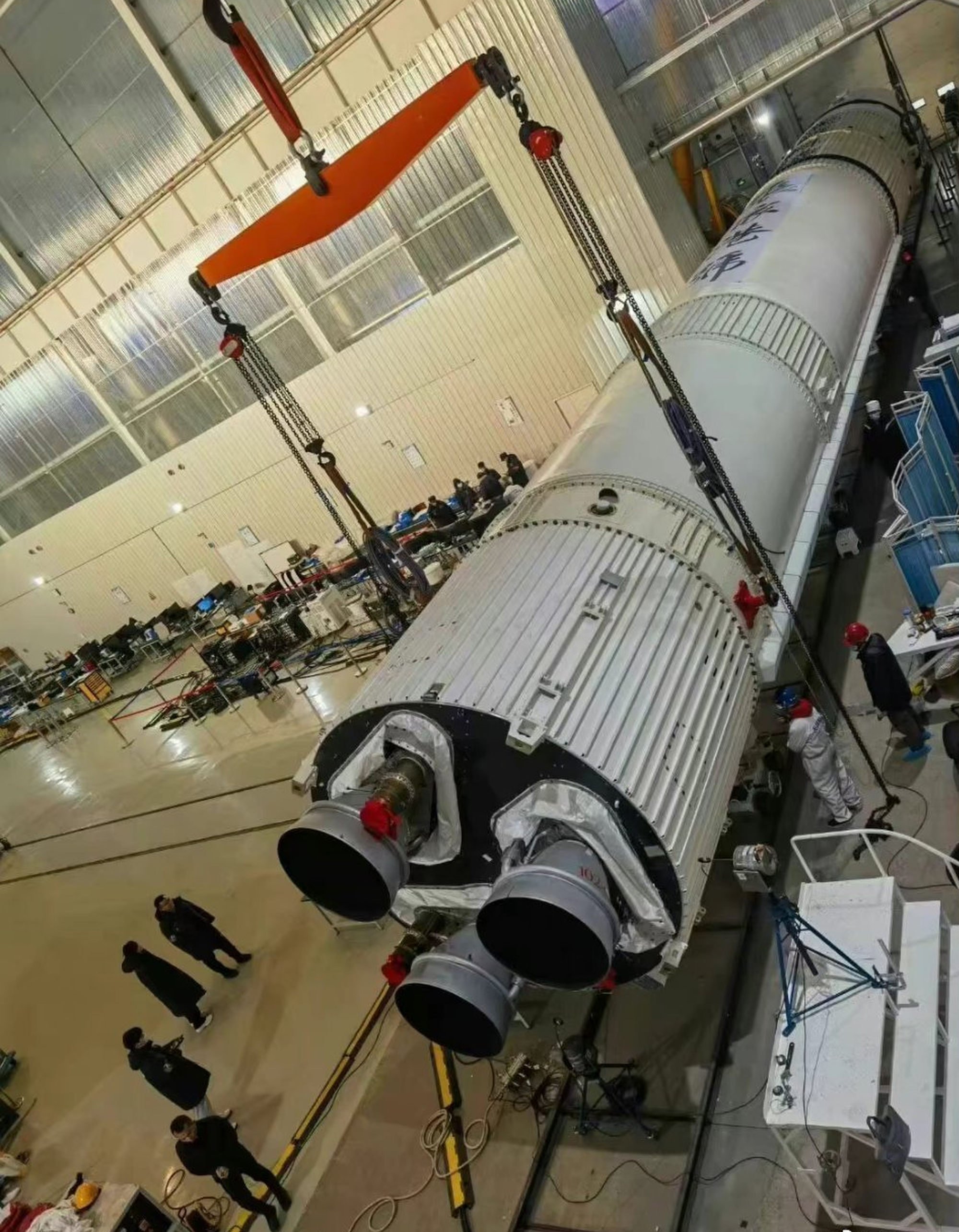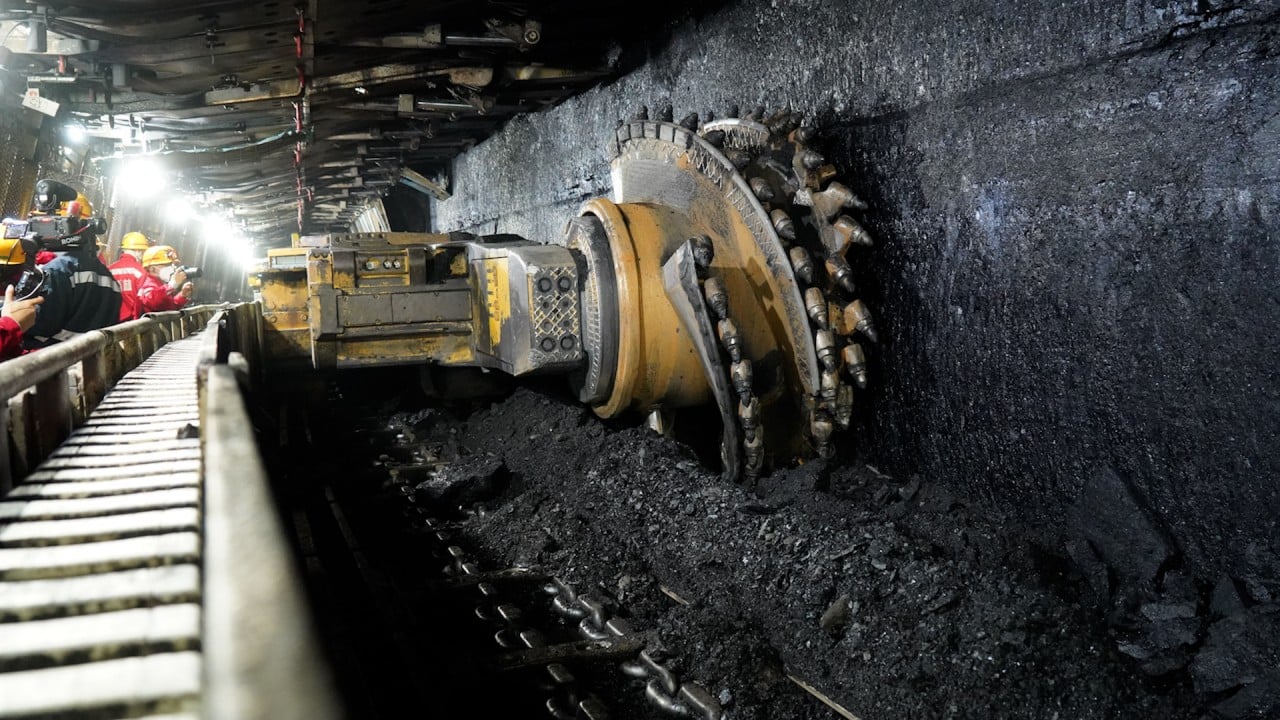
Chinese space start-up launches the world’s first rocket powered by ‘coal’
- Space Pioneer’s Tianlong-2 launch of a rocket powered by coal-based aviation kerosene is being hailed as an aerospace industry breakthrough
- The innovation may provide secure, efficient and sustainable energy for China’s aerospace industry
Rocket engines require premium fuel and traditional rocket kerosene can only be refined from high-quality petroleum via a complex extraction process. Supply of such fuel has always faced challenges, especially in China with its limited oil reserves and generally mediocre oilfield quality.
The maiden launch of a rocket powered by coal-based aviation kerosene is being hailed as a landmark achievement in the global aerospace industry.
“The success of this research broadens the fuel supply source for China’s aerospace industry, ensures national energy security, and lays a solid foundation for the launch of China’s new generation of carrier rockets,” China Space News, a newspaper under the China Aerospace Science and Technology Corporation, reported on Tuesday.

Researchers have long pursued a safe and convenient alternative energy source.
The coal-based aviation kerosene was developed under the combined efforts of state-owned companies, including the 165th Research Institute of the China Aerospace Science and Technology Corporation, China Energy’s Coal-to-Liquid Chemical Company and Ningxia Coal Industry Group.
“Due to the special composition and physical and chemical properties of petroleum-based aerospace kerosene, we have not found a suitable oil source for a long time,” said Du Zonggang, one of the researchers.
After years of experiments, the team discovered that aviation kerosene derived directly from coal liquefaction showed similar properties to petroleum-based aviation kerosene. This discovery heralds a promising solution for secure, efficient and sustainable aerospace energy supply considering China’s abundant coal resources and the maturing technology of coal-to-liquid conversion.
China may have game-changing method to squeeze low-carbon compounds from coal
Researchers are hopeful about future applications. The deputy director of the 165th Institute, Fu Quanjun, said institute staff were confident the innovation would meet China’s needs.
“After years of relentless effort, the institute has successfully developed coal-based aviation kerosene, establishing a production line with an annual output of 5,000 tonnes (estimated that it could supply more than 30 flights). By 2025, the annual production will be raised to approximately 30,000 tonnes,” he was quoted as saying by China Space News.
Following rigorous trials and development, the research team overcame numerous technical obstacles, eventually arriving at the core formula and performance adjustments for coal-based aviation kerosene.
Subsequent engine heat tests revealed that it performed comparably to petroleum-based aviation kerosene, which the researchers deemed an initial triumph.
On April 2, following more than 300 engine trial verifications and a trial duration exceeding 60,000 seconds, the Tianlong-2 rocket successfully took to the skies, powered by coal-based aviation kerosene.
Private Chinese firm takes big step towards developing reusable rockets
The YF-102 liquid rocket engine on Tianlong-2, developed by the 6th Academy of Aerospace Science and Technology, is the standard engine for China’s new generation of launch vehicles.
The Long March 5, Long March 6 and Long March 7 all use engines in this series, meaning new-generation Long March launch vehicles could also use domestic coal-based aerospace kerosene as fuel.


